Grooming gangs are ‘absolutely’ still operating in Britain but have changed their tactics to target girls online rather than in the street, a lawyer with decades of experience defending suspects has said.
Marcus Johnstone is managing director at PCD Solicitors in Warrington, which specialises in representing defendants accused of sex crimes.
Over two decades as a practising solicitor, he has dealt with scores of clients accused of involvement in gang-based grooming and has several active cases currently underway.
Far from being prosecuted out of existence, he says this type of crime ‘is not only going on – it’s increasing’ – and has shifted to a younger generation of offenders.
Mr Johnstone said he is receiving enquiries every week from ‘young Pakistani Muslim men’ who had been accused of grooming young children online – although he insisted many of them could be innocent and all are entitled to legal representation.
He said these suspects were a mix of recent immigrants and men who had been born in the UK but had parents or grandparents from Pakistan.
‘You’ve got a new generation coming along. I dealt with the men who were grooming girls from taxi stands, market stalls and takeaways, but I’m now seeing younger Pakistani Muslim men who are now getting into contact with children online,’ he said.
‘The grooming is taking place online rather than in the street, although there is an overlap because the groomers will arrange to meet the victim in real life.
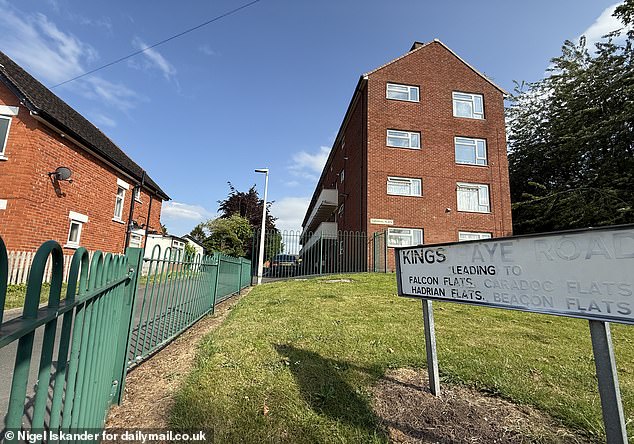
A gang of groomers previously operated from these flats in Telford
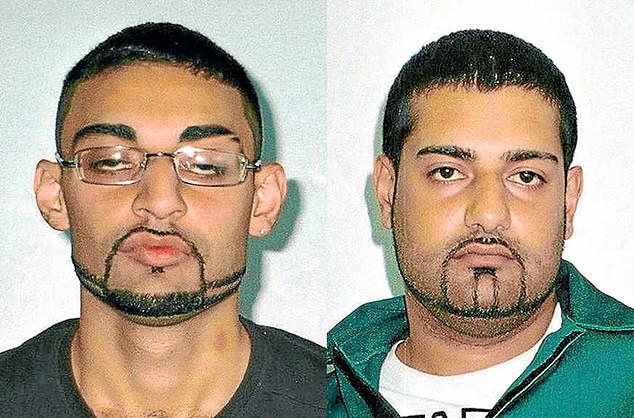
Ahdel Ali and Mubarek Ali trafficked girls for sex in the Shropshire town
‘So grooming is not only going on – it’s increasing. You’ve got gangs who are moving more and more online in an area that’s largely unregulated.
‘And the fact the process takes place over the Internet makes it much harder for police to detect, which is concerning.’
The solicitor spoke in the wake of a review into the grooming scandal by Baroness Casey, who condemned ‘do-gooders’ who ignored ethnic factors relating to gang-based grooming for fear of being branded racist.
Mr Johnstone said he dealt with large numbers of white men – both British and of other nationalities – who had been accused of grooming girls online.
But he said that, in his experience, they were usually accused of acting alone, compared to the group-based offending of Pakistani-origin gangs.
‘From what I see in my work, it is nearly always Pakistani Muslim men who are suspected of these crimes,’ he said.
‘White men and men from other nationalities are more likely to be involved in online offences of child exploitation but there is a strong preponderance of Pakistani men in the organised street gang-based grooming problem, involving vulnerable white teenager victims from care homes or difficult family situations.
‘They’ll be connected, and you’ll have girls being groomed and passed around within the group. One will pose as a boyfriend and then pass them around to be used as a sex slave.
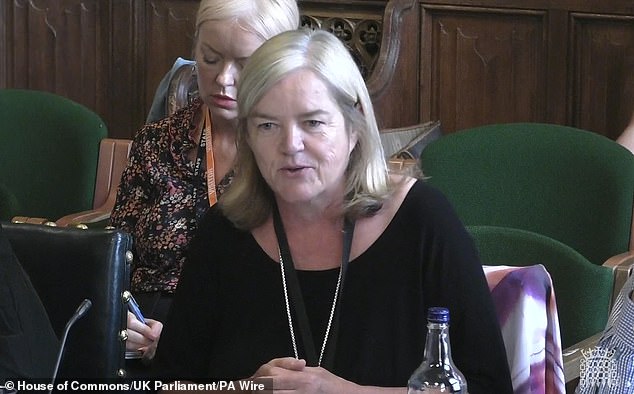
Baroness Casey giving evidence to the Home Affairs Committee following the publication of her review into the grooming scandal
‘There was a case just earlier this month of a young man who had been looking over the Internet for girls from care homes. He found a girl who had run away from a care home who he said he was trying to help.
‘He then put her up in an Airbnb and met her there to see how she was doing. He claimed that she came onto him.
‘He then arranged for her to have some further ”care” from one of his friends, and the day later the police found this girl walking the streets beaten and bruised.’
Mr Johnstone backed Baroness Casey’s demand to make it mandatory for police to collect data on the ethnicity and nationality data of all suspects in child sexual abuse cases – a recommendation Yvette Cooper, the Home Secretary, has now accepted.
‘We absolutely need robust national data if we are to confirm this trend and learn important lessons as a society,’ he said.
‘It will help us ensure that the perpetrators do not avoid justice for fears of political incorrectness, aggravating racial tensions, or flaws in the criminal justice system response. Obvious patterns will no longer be able to be ignored.
‘This is a situation we’ve seen over recent years and it’s still going on. The worry is grooming is becoming much more sophisticated as it moves online.’
Mr Johnstone said some of the cases he had dealt involved historic allegations of offending, while others were more recent.
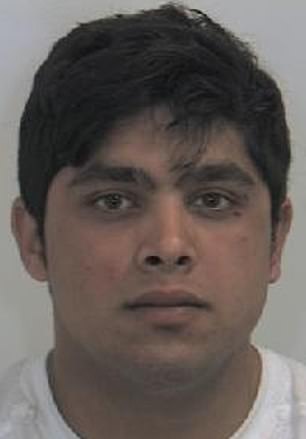
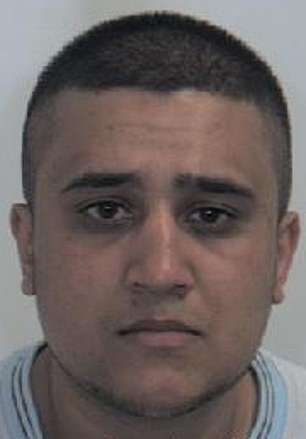
Zafran Ramzan and Umar Razaq were members of a grooming gang in Rotherham
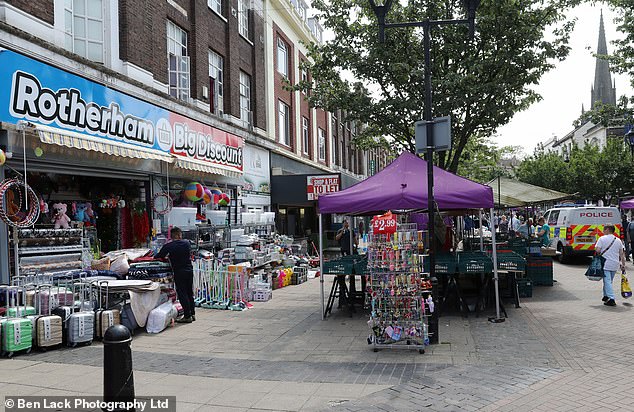
More than a thousand girls are thought to have fallen victim to groomers in the South Yorkshire town – pictured earlier this month
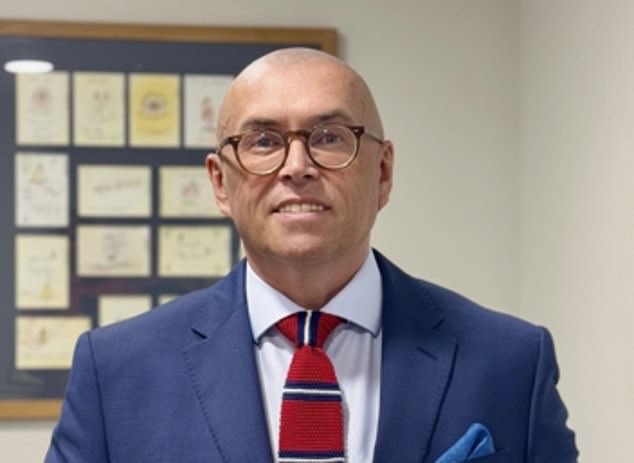
Mr Johnstone is managing director at PCD Solicitors in Warrington, which specialises in defending suspects accused of sex crimes
He said one factor behind the increase in allegations was growing public awareness of the issue of grooming and intensified police action in response to political and media pressure.
The solicitor warned there was a risk of men being wrongly accused or charged.
‘I deal with people all the time who are accused by police but never charged and their life is destroyed,’ he said.
‘There’s also a risk of racial profiling and stereotyping.’
After the publication of Baroness Casey’s review, Ms Cooper said she would be accepting her recommendations in full – including ordering a public inquiry which Labour had resisted.
The national inquiry will be time-limited and is likely to investigate offending in only a handful of local areas, despite warnings that similar activity may have taken place in 50 towns and cities across the country.
But it will have the power to compel witnesses to give evidence.












